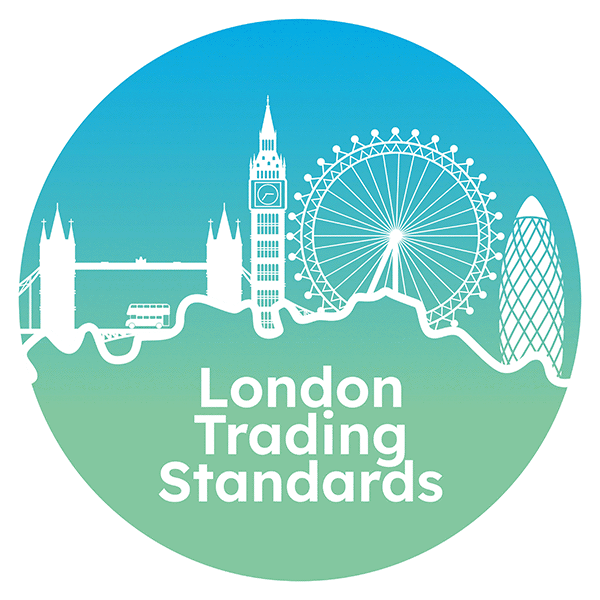It is not always easy to find a good tradesperson who is available to do the work you need done at the time you need it doing. Guidance on how to can be found here.
Many businesses like to claim or suggest that they have been ‘approved’ or are reliable – often by displaying logos of other organisations on their websites and paperwork or through testimonials and reviews – as a way of showing that they are reliable and well-thought of.
In the majority of cases the approval is genuine and the trader has a right to make the claim. Sometimes it is not genuine, however, or not quite the approval it seems to be. Any consumers who are relying on claims should understand what they mean and check that they are true – it is easy to do.
- Some work must or should be undertaken by registered professionals.
Gas work may only be done (and not merely ‘signed off’) by engineers or businesses on the Gas Safe Register – https://www.gassaferegister.co.uk.


Electrical work should be undertaken by a professional registeredhere –www.electricalcompetentperson.co.uk.
Always check that a trader is registered– don’t just take their word for it.
- There is a difference between approval and membership. Some trade approval schemes, such as Which? Trusted Traders and Buy with Confidence, audit traders before they are allowed entry in an attempt to ensure they are responsible businesses. Others may allow membership on the payment of a fee and completion of a form, but only exclude members after something has gone wrong. Ensure that you know which is which before deciding how much faith you can have in the trader.
- Warranties, guarantees and redress schemes – are they worth having? It is easy for traders to offer guaranteed work. It doesn’t always mean much. What use is a ‘25-year guarantee’ if the company ceases trading? None, unless it is a warranty backed by an insurance company – if you’re told it is, ask for details of the insurer and check.
Where a trade association offers a guarantee, or a redress scheme, it is worth understanding how effective it is. Are there limits – such as the guarantee being valid only for work up to a certain value or conditional on the consumer doing something? Redress schemes are normally binding on the trader – but what happens if they leave the scheme?
- Testimonials & reviews. Can you rely on testimonials appearing on the trader’s website? They may be true, but with no way to check and in the knowledge they’d be very easy to make up, it would not be wise to do so.
Feedback on review sites can also be unreliable – see here for our advice on review sites.
- False Claims. If a business displays logos to suggest approval or that the benefits of the scheme are open to customers, which they are not entitled to, it is an offence and should be reported to your local Trading Standards team.
Word of mouth recommendations (from a trusted friend or family member) or approaching members of a reputable approved trader schemes are the best way of finding reliable traders, but if the trader claims someone is approving them, always check whether it is true and understand what it means. Don’t be too trusting.

LTS has published further information on-line here: Doorstep Crime – London Trading Standards; and a booklet, ‘Don’t Deal at the Door’ (with a ‘no uninvited traders’ notice on the back), which is available from your local Trading Standards team (details will be found on the council website).
